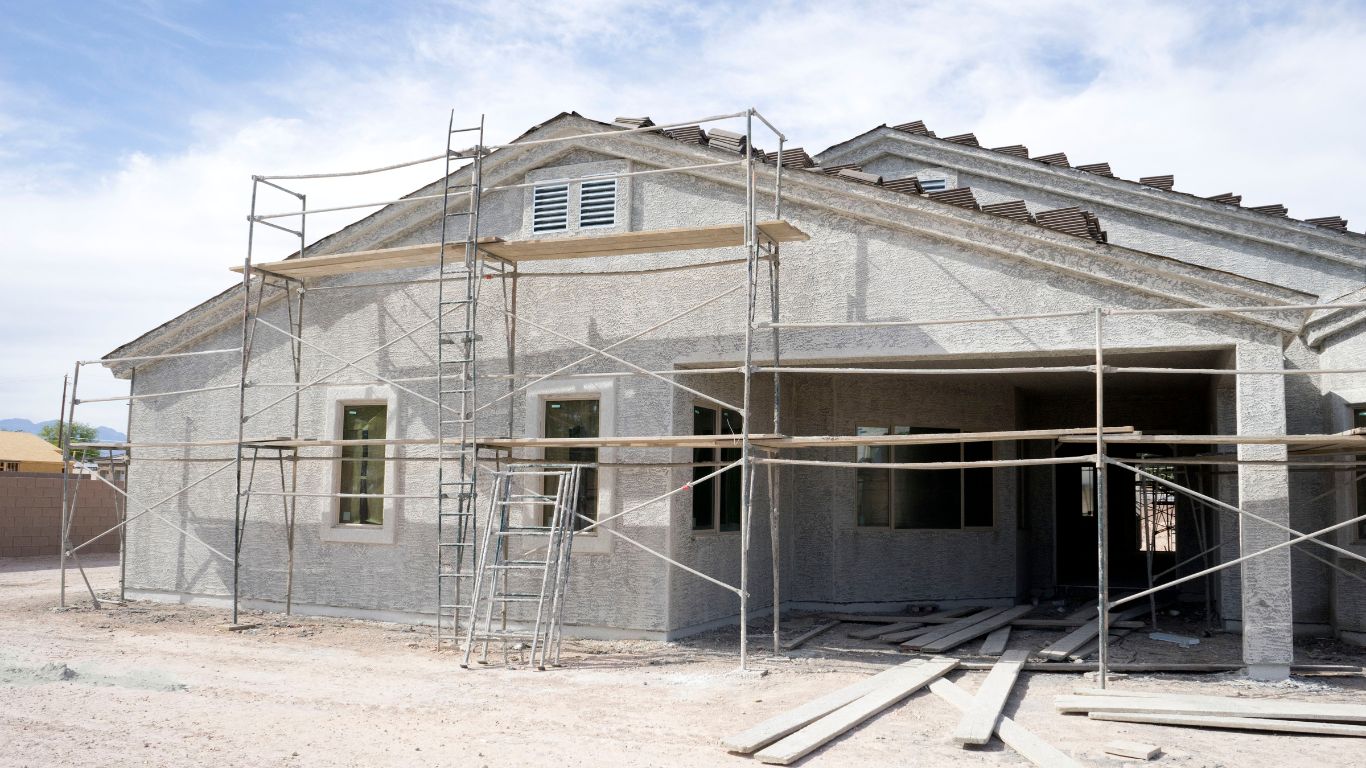
As the real estate industry continues to evolve, innovative design and construction techniques have become crucial to successful real estate development. We have seen this recently with office building rentals. The post pandemic tenant is now more selective for office space with greater digital compatibility, leaving many older office buildings vacant. In 2023, real estate developers are focused on creating sustainable, energy-efficient, and increasingly technologically advanced buildings that provide enhanced living and use experiences.
In this blog post, we will explore some of the innovative design and construction techniques shaping the future of real estate development.
Modular Construction
Modular construction has been gaining popularity in the real estate industry. Rightfully so, as it is one of the most significant innovations in construction techniques. This construction method involves building individual units off-site and then assembling them on-site.
It is a cost-effective and time-efficient approach to construction, reducing the time needed to build a structure by up to 50%. Modular construction also produces less construction waste, as materials are reused and recycled more easily, making it more of an environmentally friendly solution.
Read more about Elliot Adler’s recommendations on zoning.
Energy-Efficient Buildings
Sustainability and energy efficiency are now critical considerations in real estate development. Real estate developers are incorporating energy-efficient technologies and designs to reduce energy consumption and carbon footprint.
The use of smart technology to control lighting, heating, and cooling systems is becoming more popular. Passive building design, which utilizes natural ventilation, insulation, and structure orientation, is becoming more common. Energy-efficient buildings provide cost savings and also contribute to reducing the carbon footprint.
Read more about Elliot Adler’s insight on the future of technology in real estate development.
LEED Certification
LEED Certification is a green building rating system based on how well a building reduces or eliminates its carbon footprint and environmental impact. Leed Certification provides a framework for developers to build sustainable, environmentally friendly buildings that meet a common set of green building standards.
Mixed-Use Developments
Mixed-use developments are not new, but in 2023, they are becoming more popular as they provide a sustainable solution for urban development. These developments combine residential, commercial, and retail spaces in one building or complex, creating a self-sufficient community.
They reduce the need for long commutes and provide easy access to amenities, shops, and restaurants. These developments are also environmentally friendly as they reduce the need for work commutes and other short trips.
Smart Buildings
Smart technology is transforming the real estate industry. Real estate developers are incorporating smart technology into building design, allowing people to control various aspects of their homes using smartphones and other devices. Smart buildings have automated lighting, heating, and cooling systems, which can be accessed from smartphones, allowing control of energy consumption and reducing costs. Additionally, there are also advanced security systems that provide real-time video monitoring and alerts.
Biophilic Design
Biophilic design is a new trend that involves incorporating natural elements into building design. This design approach combines natural light, water, plants, and other elements to create a calming and peaceful environment. Biophilic design may help to reduce stress, improve productivity, and enhance the overall living experience. Real estate developers are now incorporating biophilic design in their projects, creating buildings that offer a connection to nature.
The Future is Coming
Looking to the near future, there are even more exciting developments on the horizon that have the potential to revolutionize the real estate industry. Here are four such technologies to watch out for:
- Augmented Reality-Assisted building is one such development, which uses AR technology to assist with the construction process, allowing for more efficient and accurate building.
- Self-Healing Concrete is another promising innovation that could reduce the need for costly repairs, as the concrete is designed to repair itself when cracks appear.
- Kinetic Footfall Energy Harvesting is a technique that can generate energy from human movement, potentially providing a sustainable energy source for buildings.
- 3D Printed Buildings are also a development that holds great promise, as they could allow for faster and more efficient construction, reducing the time and cost required to build a structure.
The real estate industry is rapidly evolving. Innovative design and construction techniques are driving this change. Real estate developers are creating sustainable, energy-efficient, and technologically advanced buildings that provide enhanced living experiences. By adopting these innovative techniques in real estate development, real estate developers can create sustainable, energy-efficient, and technologically advanced buildings that provide enhanced living experiences.